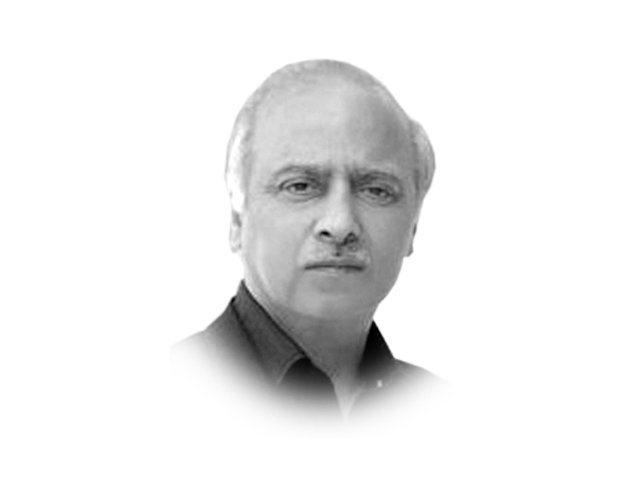
The NUG itself appears optimistic about the peace process, hoping that sooner than later, influential Taliban, amenable to renouncing violence, will step forward to join the talks in the larger interests of the embattled country.
But if the media reports of the last few days were any guide, the intra-Afghan peace talks are up against multiple internal and external challenges. There has been a surge in Taliban attacks — as many as 17 strikes across Pakistan that have killed about 80 people since early January, including members of Afghan National Security Forces (ANSF) — alongside increasingly conflicting views on the peace process within the National Unity Government – reflected in the pro-Karzai and pro-Ghani camps.
The Karzai camp still looms large over the Afghan political scene; the former president is revered by the majority as the ‘Rahbar’ – supreme leader — and politically, he is looked up to as a national leader.
One difficulty comes from the ‘reformed’ Taliban leaders such as Mullah Zaeef, former ambassador to Pakistan, Abdul Wakeel Muttawakil, former foreign minister, Mulla Habib Fauzi, Said, Akbar Agha, Abdul Salam Raketi. Zaeef, who abhors Pakistan for the treatment meted out to him after the demise of Taliban regime, for instance, sits in Kabul, interacts with media but has no kind words about the QCG efforts. His recipe for the reconciliation process is direct contacts between Kabul and the Taliban’s Dohar office. He distrusts China, Pakistan and the US for their ‘vested interests’.
An irony of this is that while these Taliban leaders shunned the path of violence, most of them remain in politically marginalised and distrusted.
Another big political obstacle is Pakistan’s image in Afghanistan; most people in Afghanistan still view Pakistan with extreme scepticism for its ‘leverage’ with the ‘Quetta and Peshawar’ shura. They believe Pakistan wields enough clout to deliver, and even nuetralise the Taliban insurgency.
Pakistan’s image in the public is another potential hurdle. Dislike of Pakistan runs so deep that the majority of Afghans refrain from mentioning its name, even for the physical infrastructure such as hospitals or educational institutions in Kabul, Jalalabad or Mazar. A number of initiatives have been completed with Pakistani funding but Afghan politicians and commentators choose not to mention this at all.
Pakistan seems to be caught up in a Shakesperian dilemma of ‘to do or not to do’. It is damned if it helps in persuading the Taliban to join the talks, and it is damned if it doesn’t.
The Murree talks simply exposed Pakistan’s contacts with the Taliban, but the Afghan media and politicians only used it to further malign Islamabad for this very fact. This should have helped in improving the narrative on Pakistan but it worked to the contrary – with the systematic exclusion of its viewpoint from public discourse. Often, comments supportive or sympathetic to Pakistan are treated as seditious.
Some observers therefore wonder if a key member of the QCG maligned and ostracised publicly, can really be helpful in the peace process. Quite obvious that if the NUG and other important stakeholders mean well, the Afghan narrative on Pakistan can change.
Last but not least, observers point out that the disunity within the NUG represents another big challenge. An editorial of in the Afghanistan Times on February 29, offered valuable insight.
“The important question which begs an answer is: how can the leaders negotiate and reconcile with the Taliban when they cannot overcome internal differences? Talking to the militant groups and convincing them to renounce violence is far too difficult a task than settling internal disputes”, opined the paper.
The paper listed rampant corruption, growing insecurity, capital flight, water and energy crises, food insecurity differences among NUG leaders, and desertions in police (36,000 in 2015), as some of the pressing problems the country is facing. All this offers little for the hyped-up peace process.
Published in The Express Tribune, March 2nd, 2016.
Like Opinion & Editorial on Facebook, follow @ETOpEd on Twitter to receive all updates on all our daily pieces.

1722586547-0/Untitled-design-(73)1722586547-0-165x106.webp)


1732326457-0/prime-(1)1732326457-0-165x106.webp)








COMMENTS (4)
Comments are moderated and generally will be posted if they are on-topic and not abusive.
For more information, please see our Comments FAQ